25 Facts You Didn't Know About the Roman Empire
PocketEpiphany
Published
11/23/2022
in
ftw
The Roman Empire changed the face of the world as we know it. But be honest: what do you REALLY know about the Romans?
To help bring you up to speed, here are a few of our fave facts. Come learn the WEIRDEST things about the rise and fall of the Roman Empire from r/TodayILearned.
- List View
- Player View
- Grid View
Advertisement
-
1.
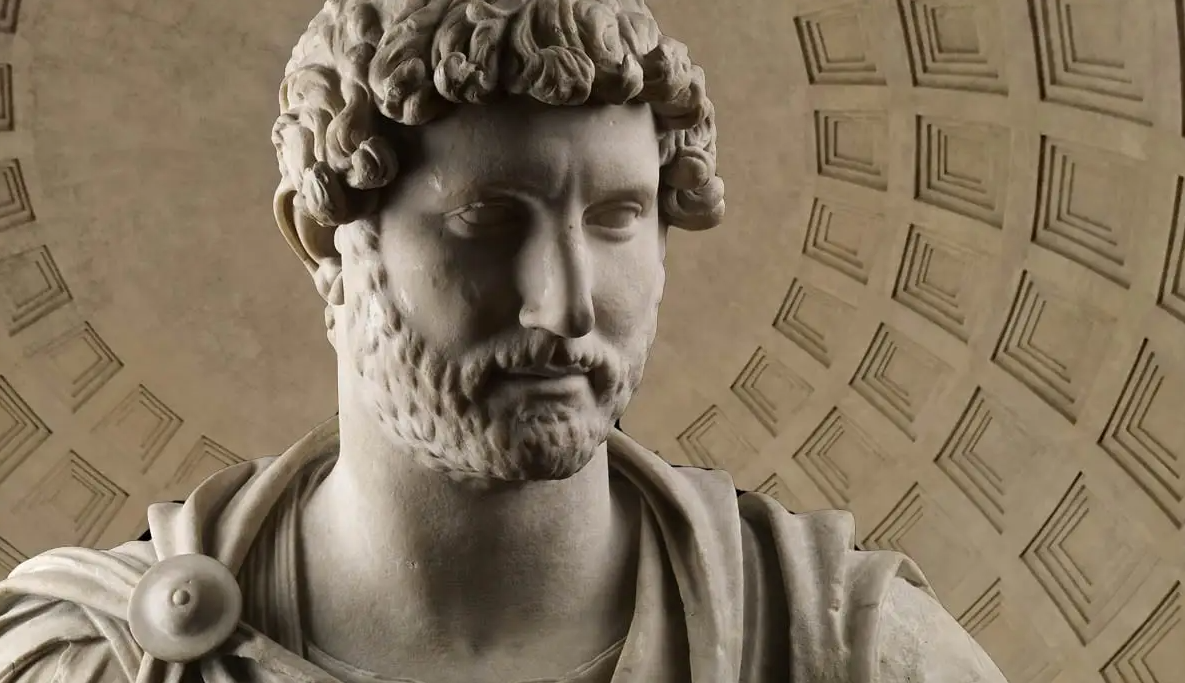 Hadrian renamed Jerusalem as Aelia Capitolina and converted a Jewish temple to The Temple of Jupiter which caused a Jewish revolt against the Roman Empire.
Hadrian renamed Jerusalem as Aelia Capitolina and converted a Jewish temple to The Temple of Jupiter which caused a Jewish revolt against the Roman Empire. -
2.
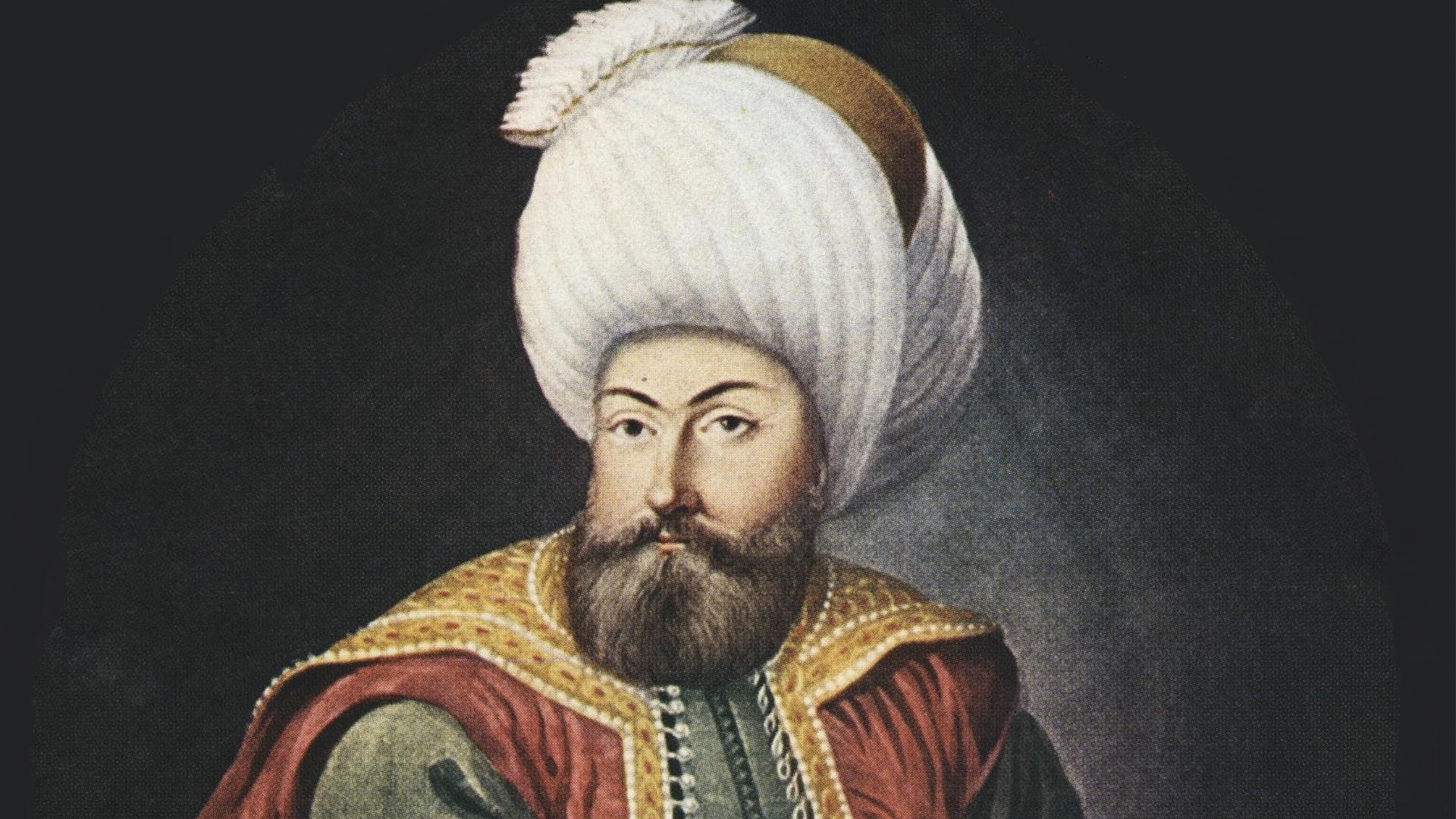 The Ottoman Empire claimed to be the successors of the Roman Empire after conquering the Byzantines. One of the Ottoman sultan's titles was Kayser-i Rum (Caesar of Rome) and the early sultans staunchly claimed that they were Roman emperors.
The Ottoman Empire claimed to be the successors of the Roman Empire after conquering the Byzantines. One of the Ottoman sultan's titles was Kayser-i Rum (Caesar of Rome) and the early sultans staunchly claimed that they were Roman emperors. -
3.
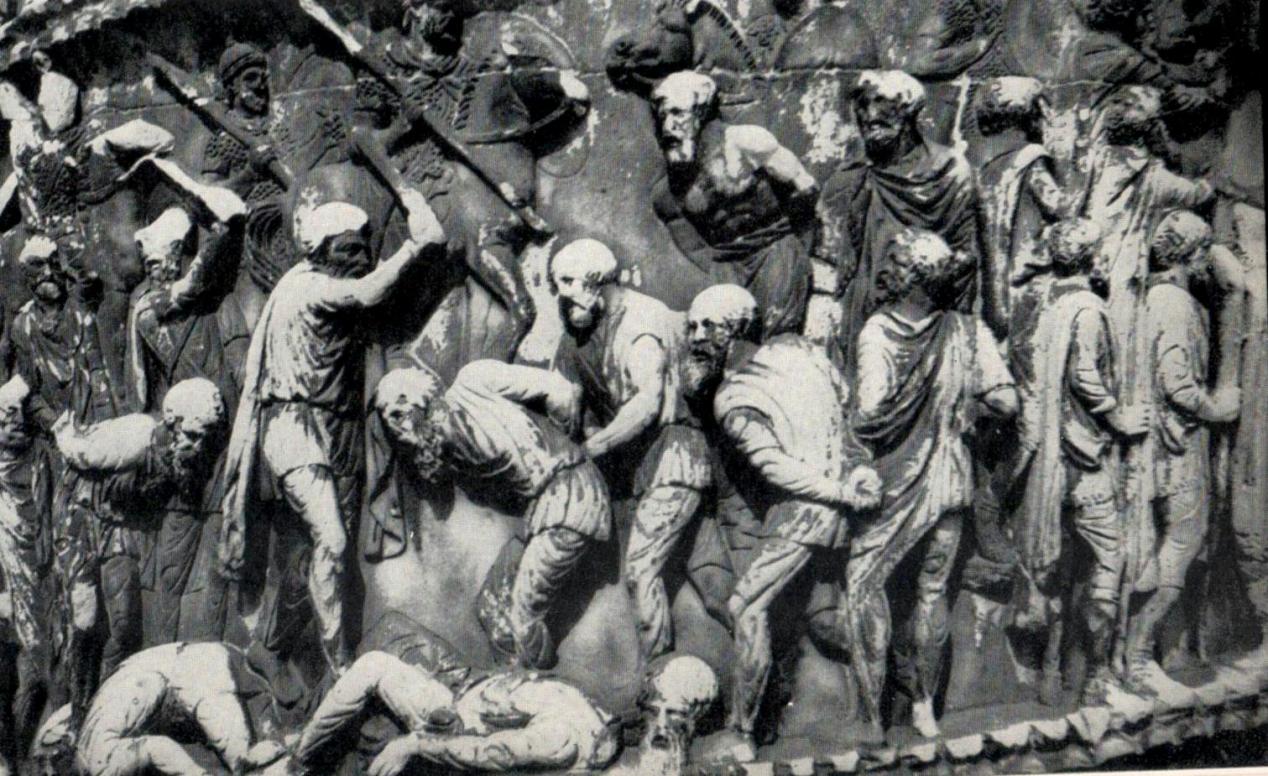 The Bagaudae were a collection of former slaves, deserters and peasants who fought the Roman Empire from the end of the 3rd century until its collapse.
The Bagaudae were a collection of former slaves, deserters and peasants who fought the Roman Empire from the end of the 3rd century until its collapse. -
4.
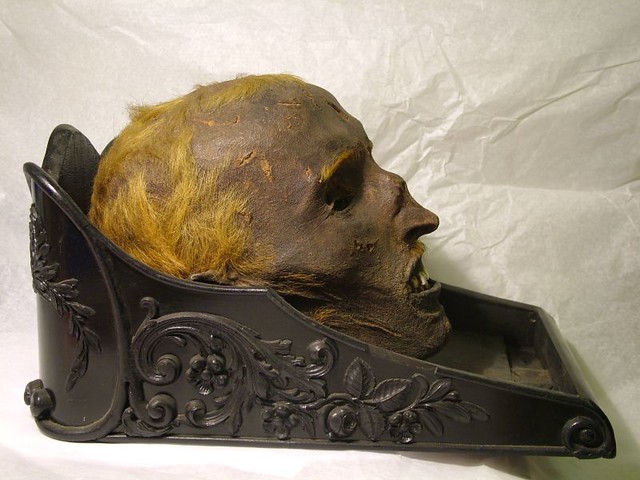 The first international war crime trial took place in the Holy Roman Empire in 1474. Peter von Hagenbauch was found guilty of atrocities committed during the occupation of Breisach and beheaded.
The first international war crime trial took place in the Holy Roman Empire in 1474. Peter von Hagenbauch was found guilty of atrocities committed during the occupation of Breisach and beheaded. -
5.
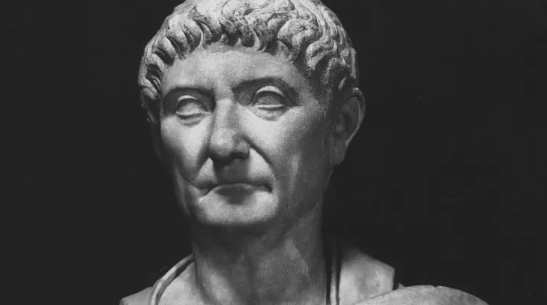 After making a series of vital reforms that prolonged the life of the Roman Empire, emperor Diocletian retired to his hometown and took up gardening. When asked to return, he refused, saying he wouldn't give up the pleasure of planting cabbages with his own hands for anything in the world.
After making a series of vital reforms that prolonged the life of the Roman Empire, emperor Diocletian retired to his hometown and took up gardening. When asked to return, he refused, saying he wouldn't give up the pleasure of planting cabbages with his own hands for anything in the world. -
6.
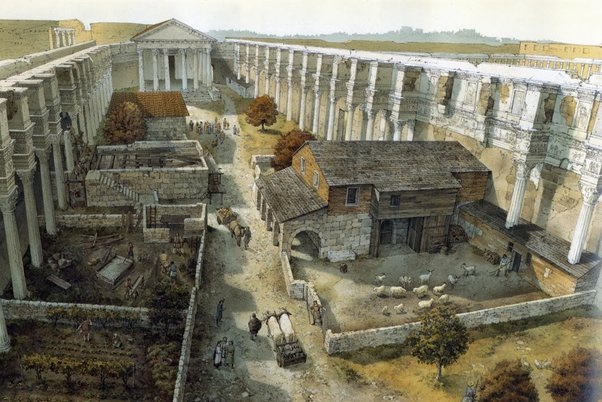 Rome was basically a ghost town during the Middle Ages. After the fall of the West-Roman empire, the population of Rome dropped from 1 million in 330AD to just 20 thousand in 650AD. The population remained roughly the same till ca. 1600AD.
Rome was basically a ghost town during the Middle Ages. After the fall of the West-Roman empire, the population of Rome dropped from 1 million in 330AD to just 20 thousand in 650AD. The population remained roughly the same till ca. 1600AD. -
7.
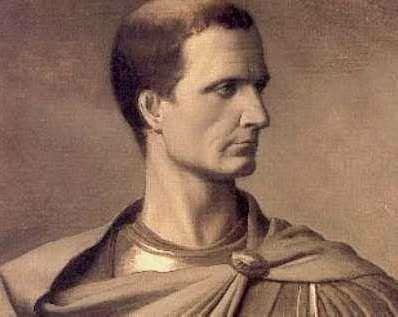 Flavius Aetius was a military commander who was considered the most powerful man in the Western Roman Empire during the last phase of its decline and fall. He was most famously known for defeating Attila the Hun at the Battle of Catalaunian Fields. He was known was the last of the Romans.
Flavius Aetius was a military commander who was considered the most powerful man in the Western Roman Empire during the last phase of its decline and fall. He was most famously known for defeating Attila the Hun at the Battle of Catalaunian Fields. He was known was the last of the Romans. -
8.
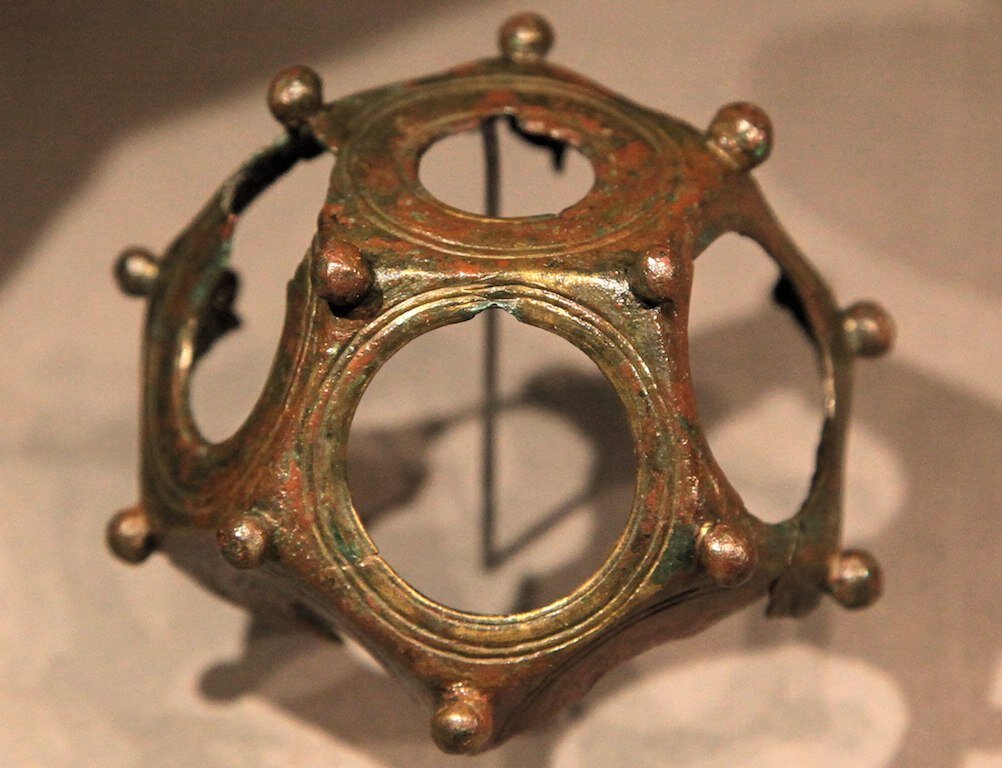 People keep finding meticulously crafted hollow dodecahedrons throughout Europe dating back to the Roman Empire but historians have no idea what they're supposed to be used for as there's no historical record of them anywhere. Theories range from dice to knitting.
People keep finding meticulously crafted hollow dodecahedrons throughout Europe dating back to the Roman Empire but historians have no idea what they're supposed to be used for as there's no historical record of them anywhere. Theories range from dice to knitting. -
9.
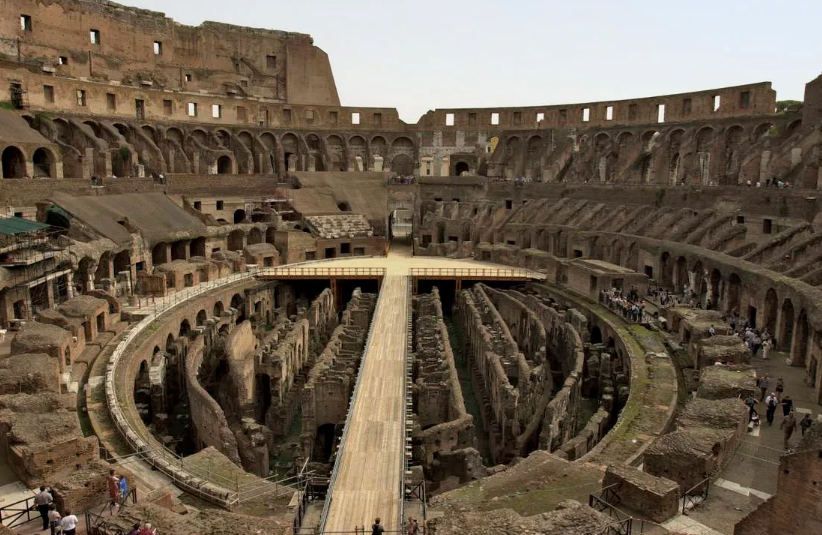 Large portions of the Colosseum were originally covered completely in marble. As the Roman Empire and its capital city shrunk, maintaining an amphitheater became less relevant, and the marble was stripped as being cheap building material for newer construction projects elsewhere in the city.
Large portions of the Colosseum were originally covered completely in marble. As the Roman Empire and its capital city shrunk, maintaining an amphitheater became less relevant, and the marble was stripped as being cheap building material for newer construction projects elsewhere in the city. -
10.
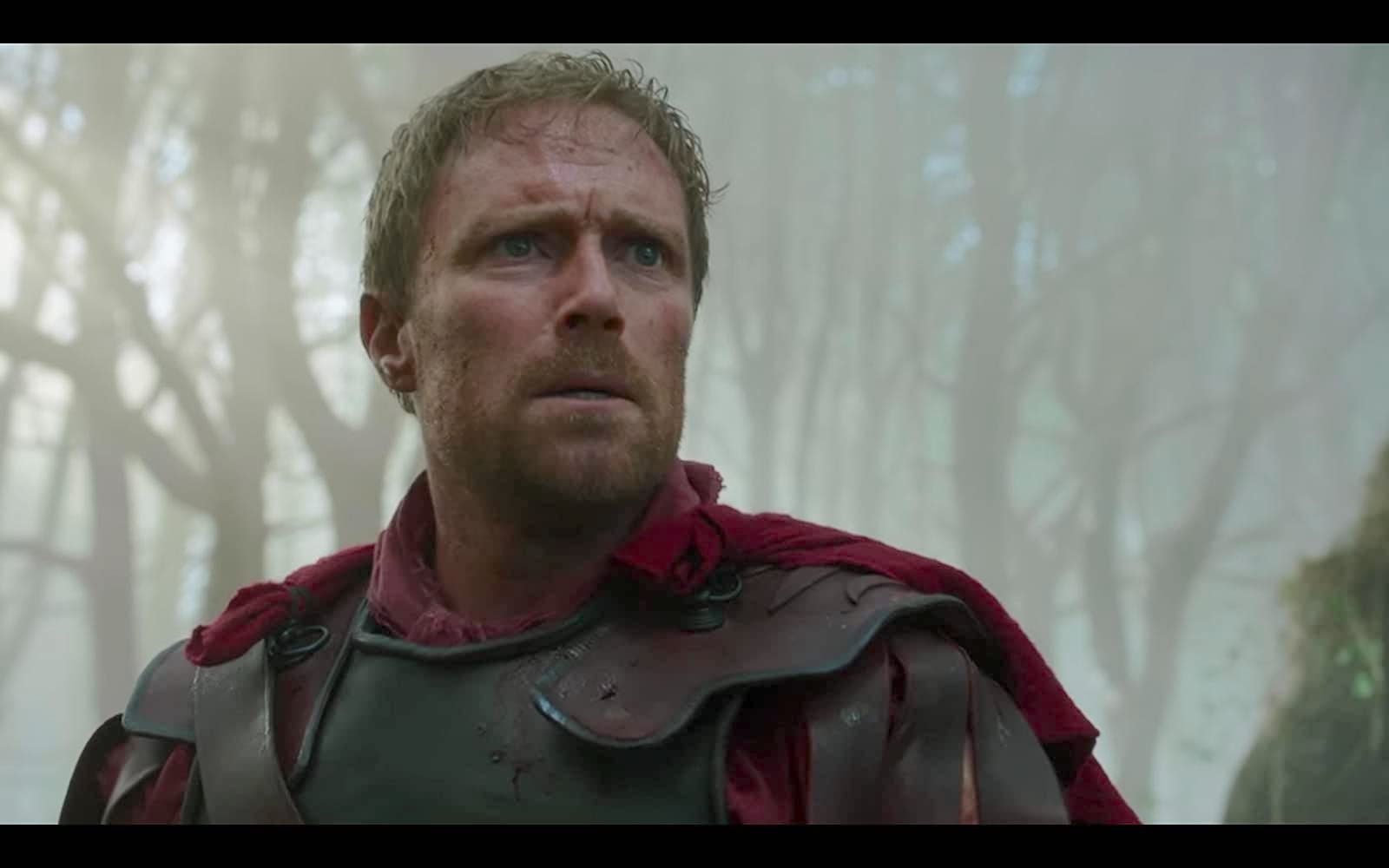 Actors were not looked upon highly in the Roman Empire, and were considered to be on the same social level as prostitutes.
Actors were not looked upon highly in the Roman Empire, and were considered to be on the same social level as prostitutes. -
11.
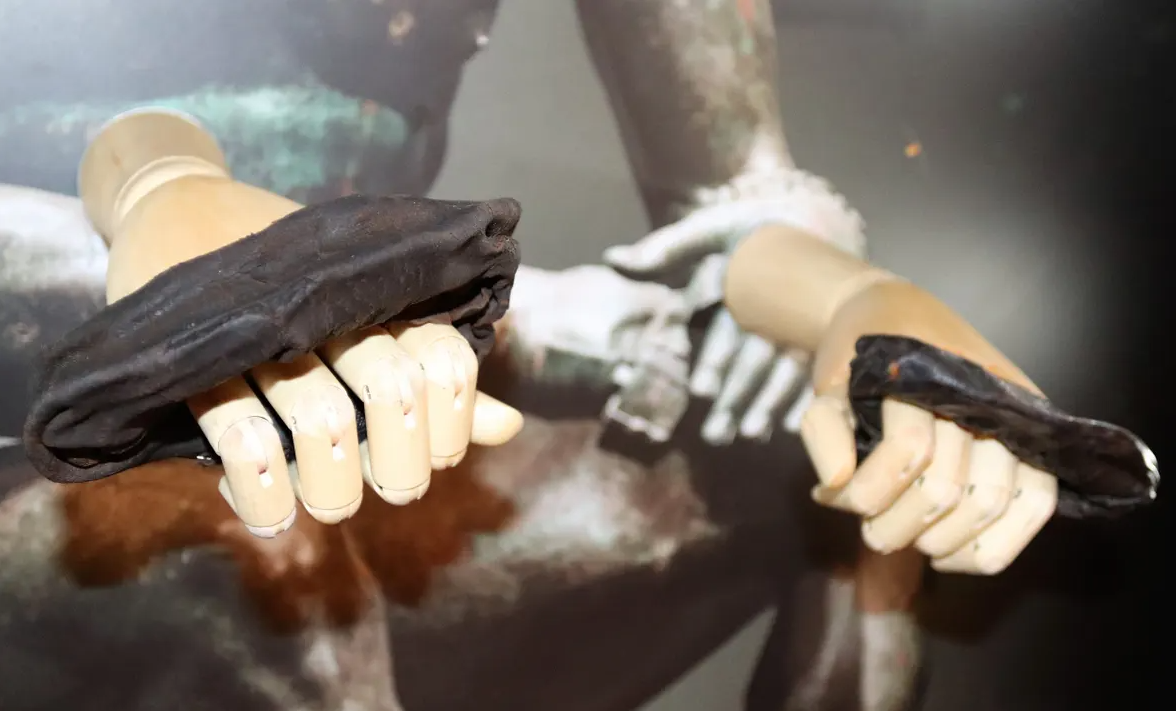 Only 1 pair of boxing gloves from the Roman Empire period have ever been found despite having numerous artistic representations of the objects. They were found in 2018 in Vindoland, north of England close to the Hadrian Wall.
Only 1 pair of boxing gloves from the Roman Empire period have ever been found despite having numerous artistic representations of the objects. They were found in 2018 in Vindoland, north of England close to the Hadrian Wall. -
12.
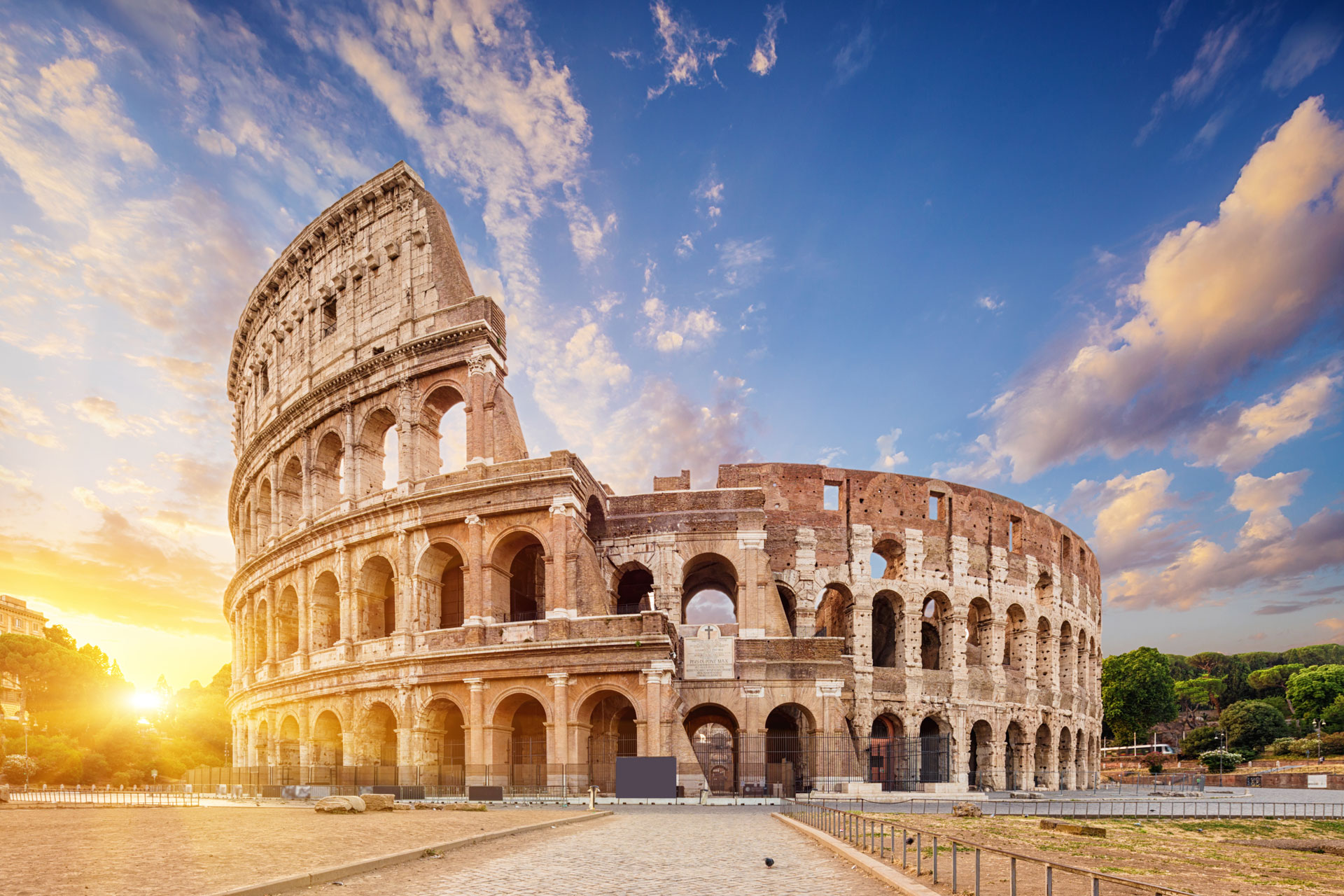 The concrete used by the Roman Empire has been proposed as an alternative to modern concrete. It's believed that it would have a substantially smaller environmental impact than our own in addition to being far more durable, surviving thousands of years in harsh conditions nearly unscathed.
The concrete used by the Roman Empire has been proposed as an alternative to modern concrete. It's believed that it would have a substantially smaller environmental impact than our own in addition to being far more durable, surviving thousands of years in harsh conditions nearly unscathed. -
13.
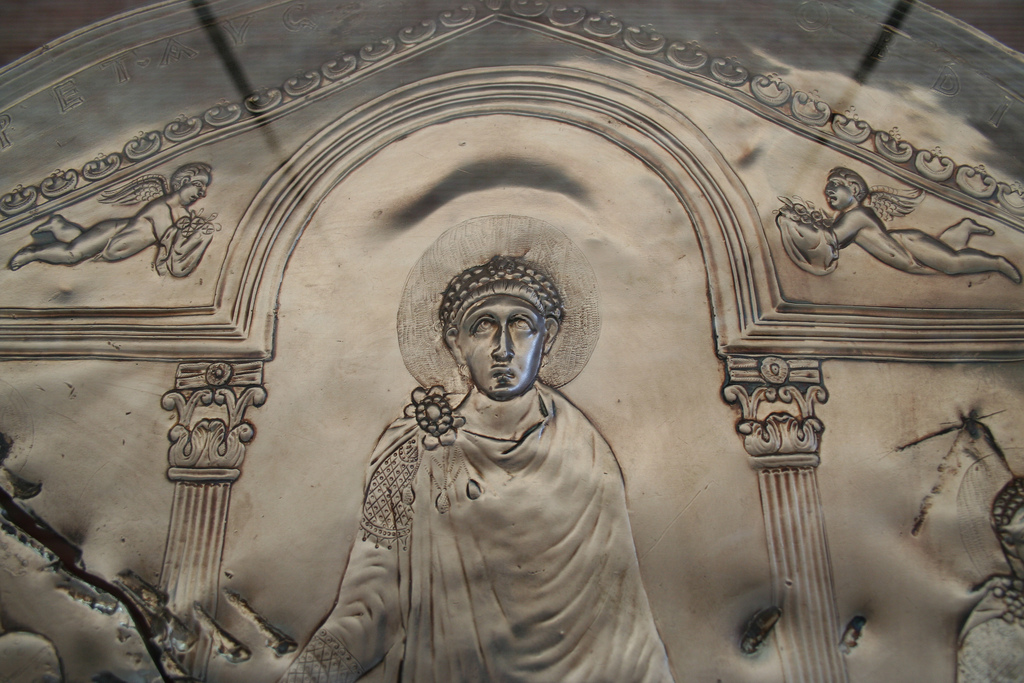 Christianity became the state religion of the Roman Empire in the 380s, when Emperor Theodosius banned pagan rituals and holidays, disbanded the Vestal Virgins, extinguished the Sacred Fire, destroyed the Temple of Apollo at Delphi and put an end to the Ancient Olympic Games.
Christianity became the state religion of the Roman Empire in the 380s, when Emperor Theodosius banned pagan rituals and holidays, disbanded the Vestal Virgins, extinguished the Sacred Fire, destroyed the Temple of Apollo at Delphi and put an end to the Ancient Olympic Games. -
14.
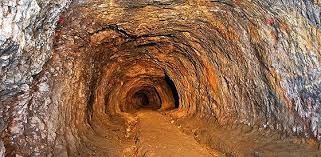 The Roman Empire mined so much silver that at peak production they were mining 200 tons per year. This was 5 to 10 times larger than the combined amount of silver available to Medieval Europe & Abbasid Caliphate around 800 AD.
The Roman Empire mined so much silver that at peak production they were mining 200 tons per year. This was 5 to 10 times larger than the combined amount of silver available to Medieval Europe & Abbasid Caliphate around 800 AD. -
15.
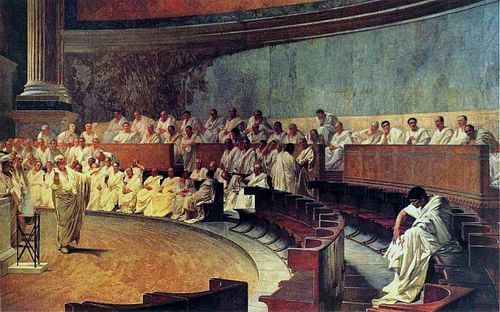 In the Roman Empire, sentencing for crimes depended on the relative "worth" of the defendant. Upper classes could pay a fine when convicted of a crime for which lower classes might be whipped.
In the Roman Empire, sentencing for crimes depended on the relative "worth" of the defendant. Upper classes could pay a fine when convicted of a crime for which lower classes might be whipped. -
16.
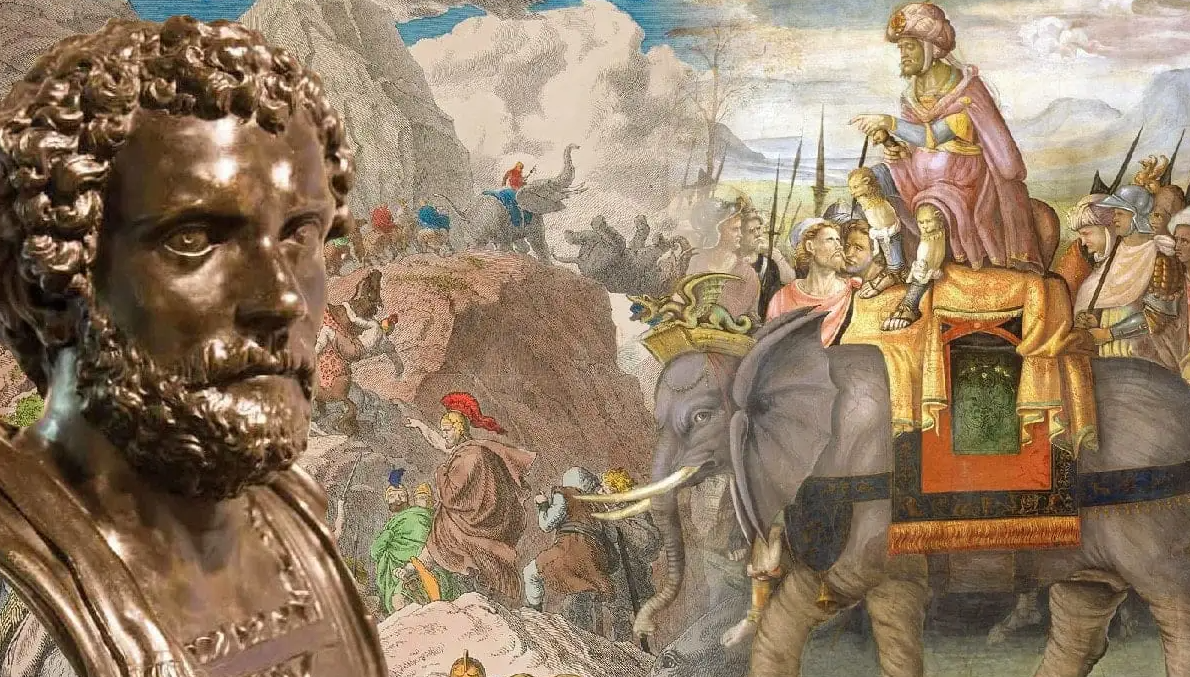 During the 2nd punic war in 218 BC, the Carthaginian general Hannibal marched a full army with cavalry and African elephants through the alps to launch a surprise attack on Rome via northern Italy. His army ravaged the Roman Empire for 15 years, allegedly causing almost 1 million casualties.
During the 2nd punic war in 218 BC, the Carthaginian general Hannibal marched a full army with cavalry and African elephants through the alps to launch a surprise attack on Rome via northern Italy. His army ravaged the Roman Empire for 15 years, allegedly causing almost 1 million casualties. -
17.
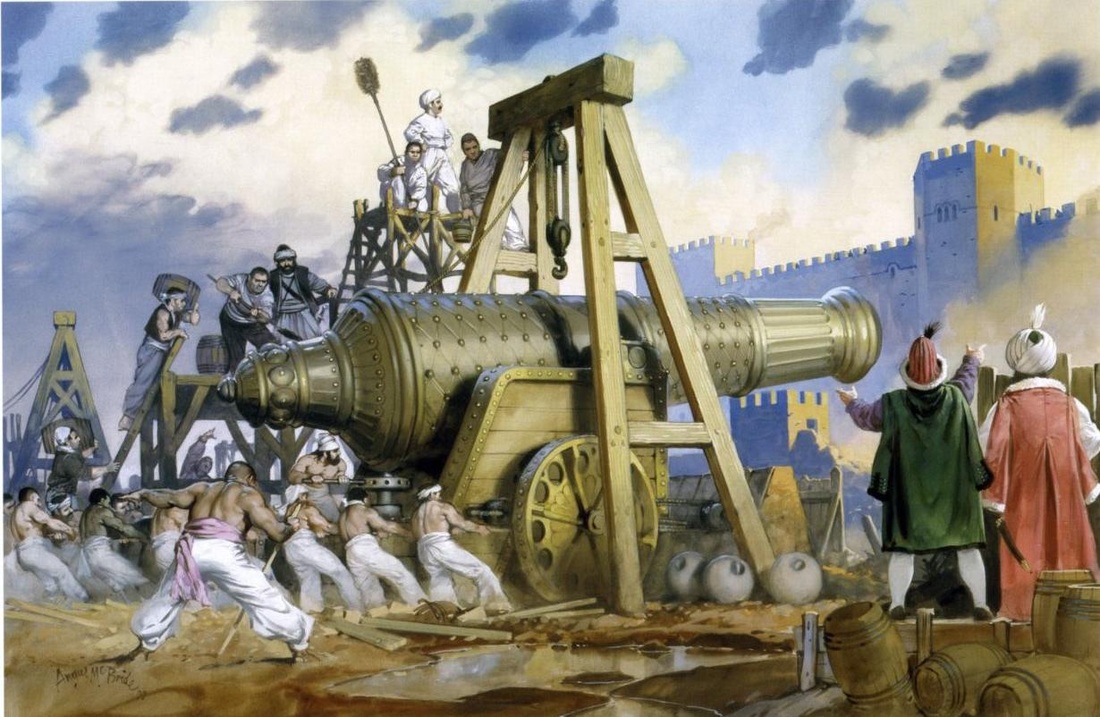 In 1452 a Hungarian engineer, known as Orban, offered to sell an extremely powerful cannon to the Roman Emperor. He refused, so Orban instead sold the cannon to the Ottoman emperor, who used it to breach the walls of Constantinople in 1453, which brought the end to the Roman Empire.
In 1452 a Hungarian engineer, known as Orban, offered to sell an extremely powerful cannon to the Roman Emperor. He refused, so Orban instead sold the cannon to the Ottoman emperor, who used it to breach the walls of Constantinople in 1453, which brought the end to the Roman Empire. -
18.
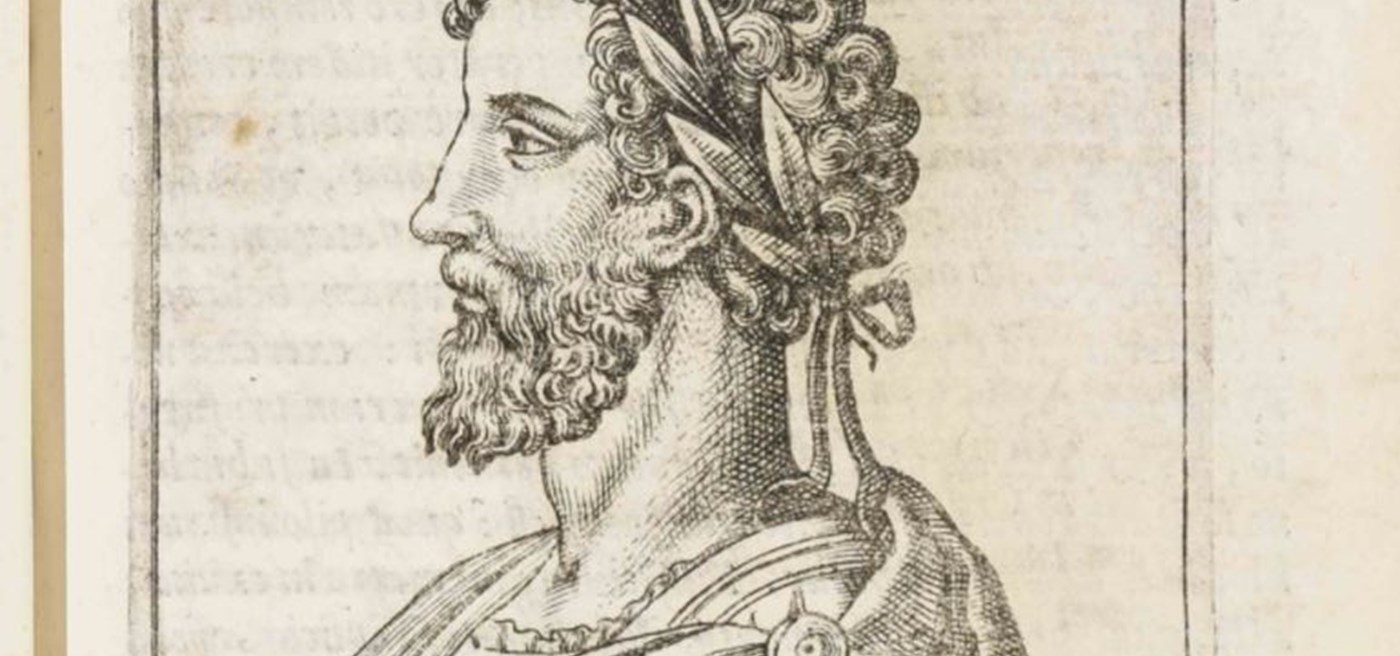 The Roman Empire was sold at auction to the highest bidder by the Praetorian guard in 193 AD.
The Roman Empire was sold at auction to the highest bidder by the Praetorian guard in 193 AD. -
19.
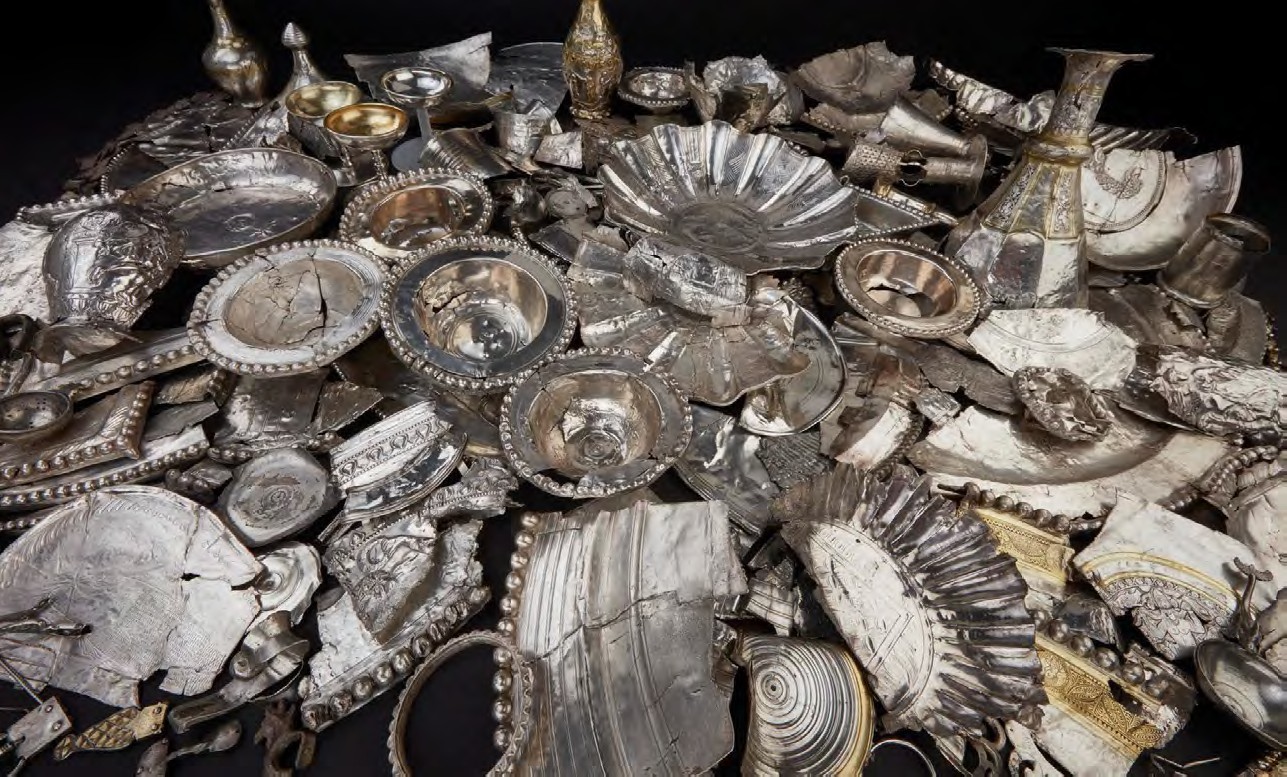 At its peak in 150 AD, the Roman Empire's silver stock is estimated to have been five to ten times larger than the combined silver stocks of medieval Europe and the Abbasid Caliphate in 800 AD.
At its peak in 150 AD, the Roman Empire's silver stock is estimated to have been five to ten times larger than the combined silver stocks of medieval Europe and the Abbasid Caliphate in 800 AD. -
20.
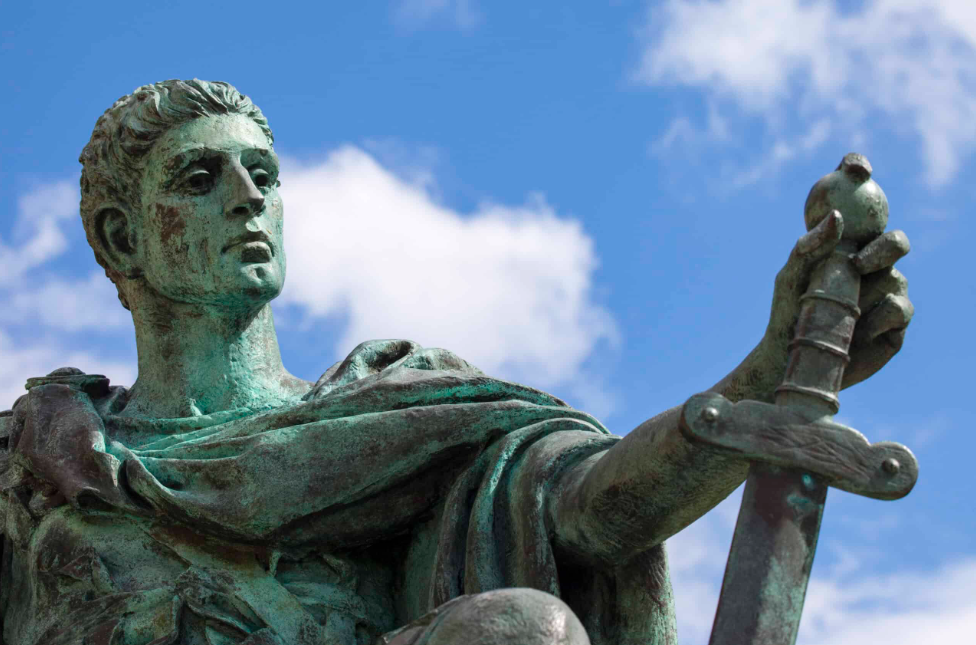 Constantine converted the Roman Empire from paganism to Christianity. In wartime, before leaving Gaul, and marching towards Rome, Constantine and his army witnessed a cross in the sky, while underneath written in Greek were these words “In this Sign, Conquer.”
Constantine converted the Roman Empire from paganism to Christianity. In wartime, before leaving Gaul, and marching towards Rome, Constantine and his army witnessed a cross in the sky, while underneath written in Greek were these words “In this Sign, Conquer.” -
21.
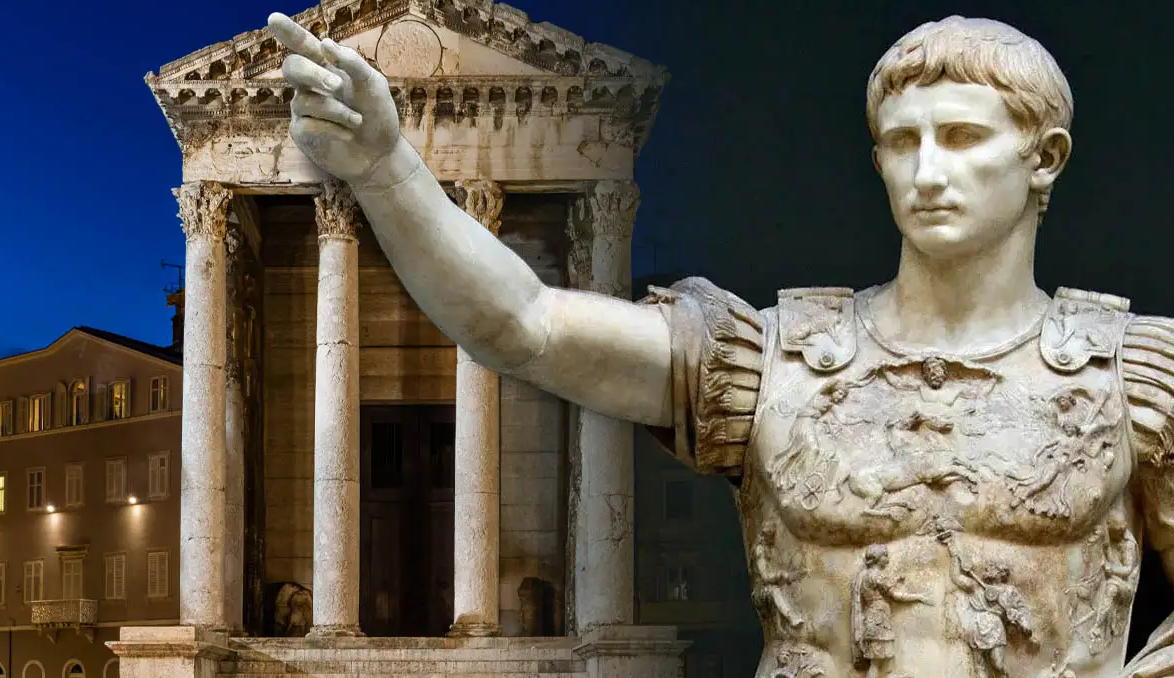 In the Roman Empire, ten-year celebrations called "decennalia" originated after Augustus refused the lifetime supremacy offered to him.
In the Roman Empire, ten-year celebrations called "decennalia" originated after Augustus refused the lifetime supremacy offered to him. -
22.
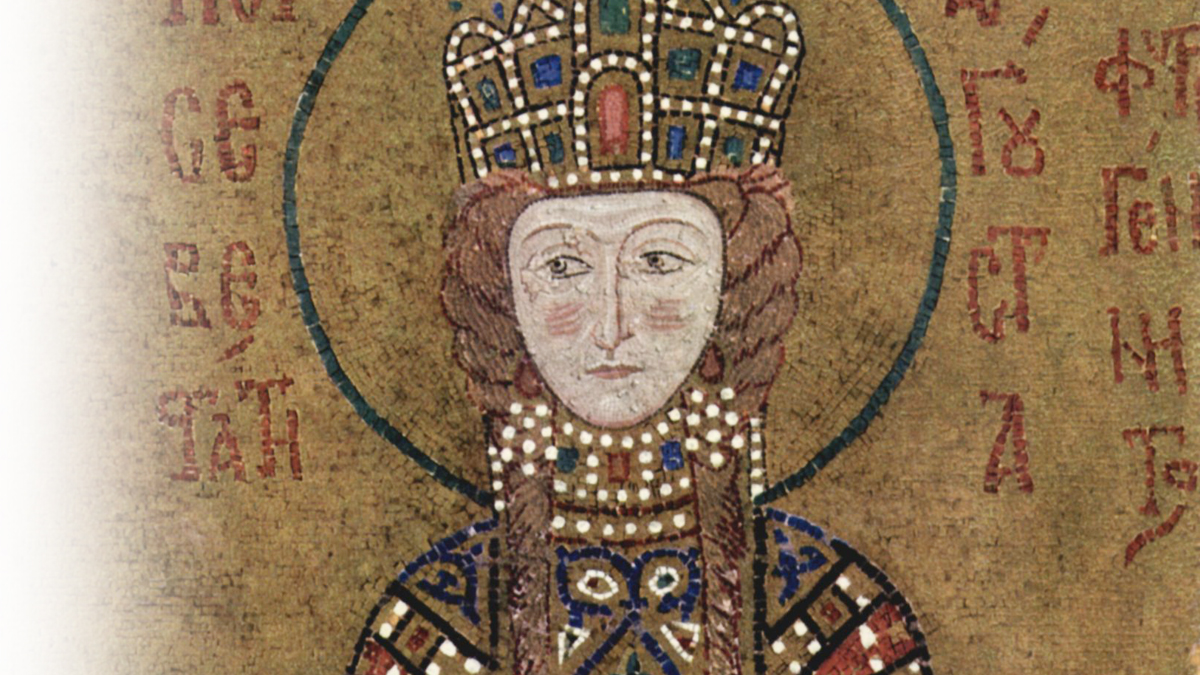 Irene of Athens had her son's eyes gouged out & had him imprisoned declaring herself as Empress. However, Pope Leo III declared no woman could rule the Roman Empire throne. Irene was exiled to the island of Lesbos and died.
Irene of Athens had her son's eyes gouged out & had him imprisoned declaring herself as Empress. However, Pope Leo III declared no woman could rule the Roman Empire throne. Irene was exiled to the island of Lesbos and died. -
23.
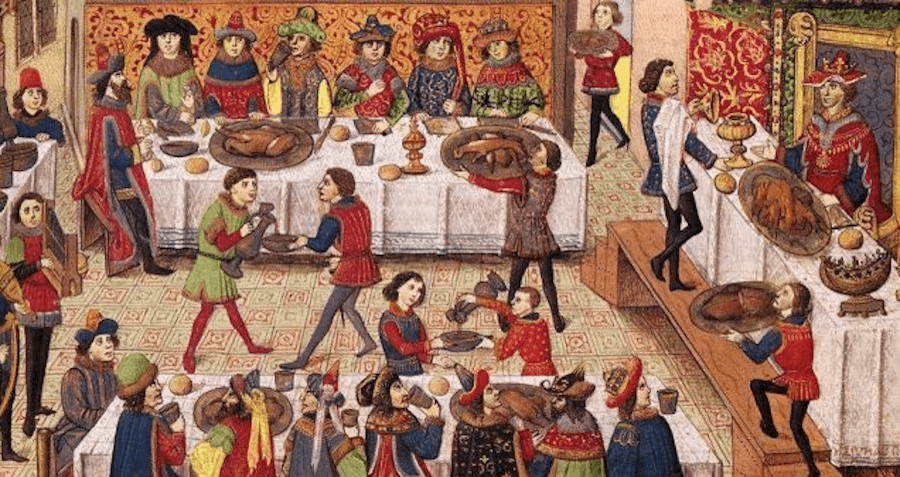 The Erfurt Latrine Disaster of 1184 was when a number of nobles from across the Roman Empire met in the Church of St. Peter to settle an argument. Instead, the floor collapsed beneath them, opening into the latrine. This resulted in 60 people drowning in liquid excrement.
The Erfurt Latrine Disaster of 1184 was when a number of nobles from across the Roman Empire met in the Church of St. Peter to settle an argument. Instead, the floor collapsed beneath them, opening into the latrine. This resulted in 60 people drowning in liquid excrement. -
24.
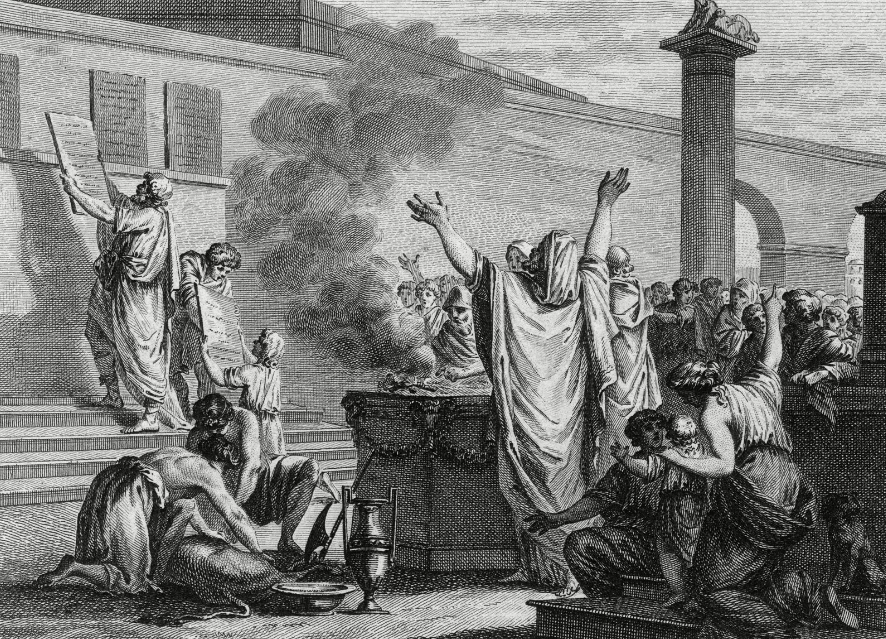 Plebeians from the Roman Empire abandoned the city in a form of protest, known as Secessio plebis, leaving the streets completely empty and the wealthy unable to enforce their power.
Plebeians from the Roman Empire abandoned the city in a form of protest, known as Secessio plebis, leaving the streets completely empty and the wealthy unable to enforce their power. -
25.
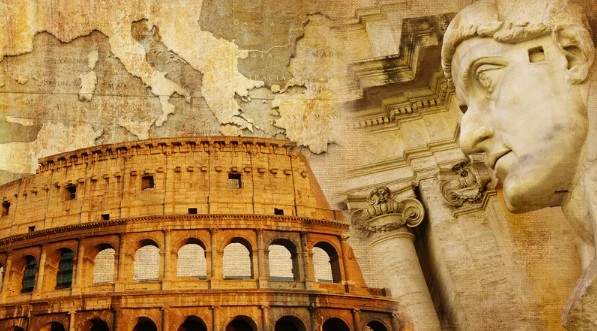 Voltaire's joke that the Holy Roman Empire (HRE) was "neither holy, nor Roman, nor an empire" was mostly true. The center of the Church at the time was actually the Vatican, the HRE's people were mostly Germanic and not Roman, and the nation was never truly unified at any point in its history.
Voltaire's joke that the Holy Roman Empire (HRE) was "neither holy, nor Roman, nor an empire" was mostly true. The center of the Church at the time was actually the Vatican, the HRE's people were mostly Germanic and not Roman, and the nation was never truly unified at any point in its history.
- REPLAY GALLERY
-
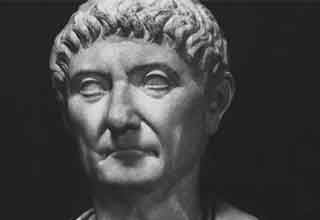
- 25 Facts You Didn't Know About the Roman Empire
- NEXT GALLERY
-

- 31 Awesome Things We Don’t Need but Definitely Want
Hadrian renamed Jerusalem as Aelia Capitolina and converted a Jewish temple to The Temple of Jupiter which caused a Jewish revolt against the Roman Empire.
25/25
1/25


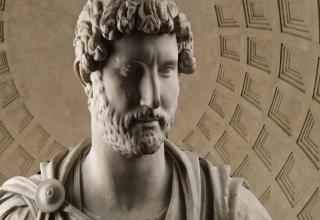
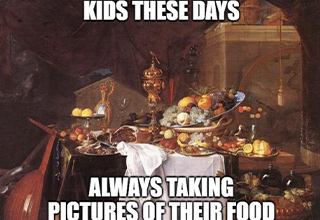




4 Comments